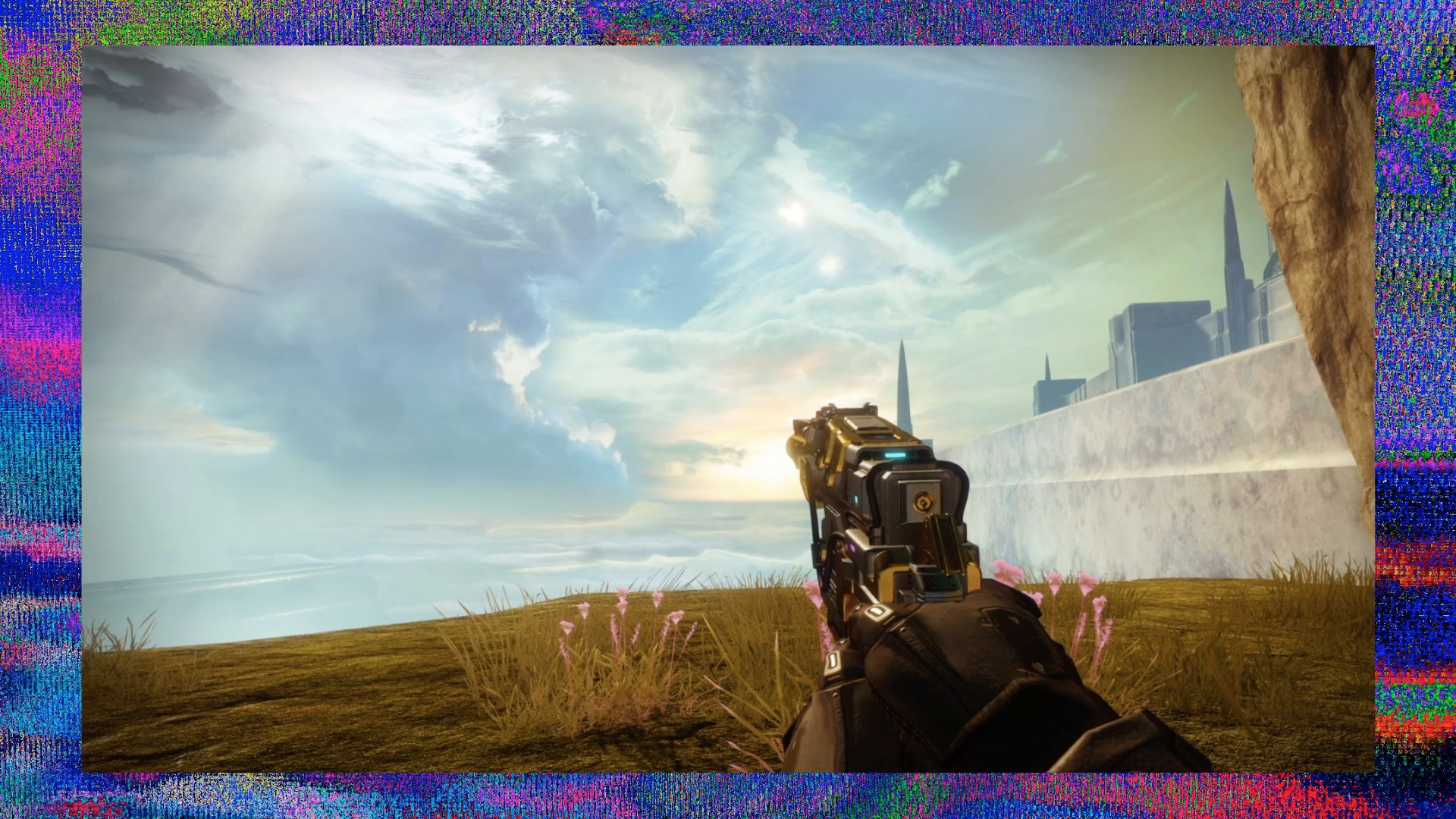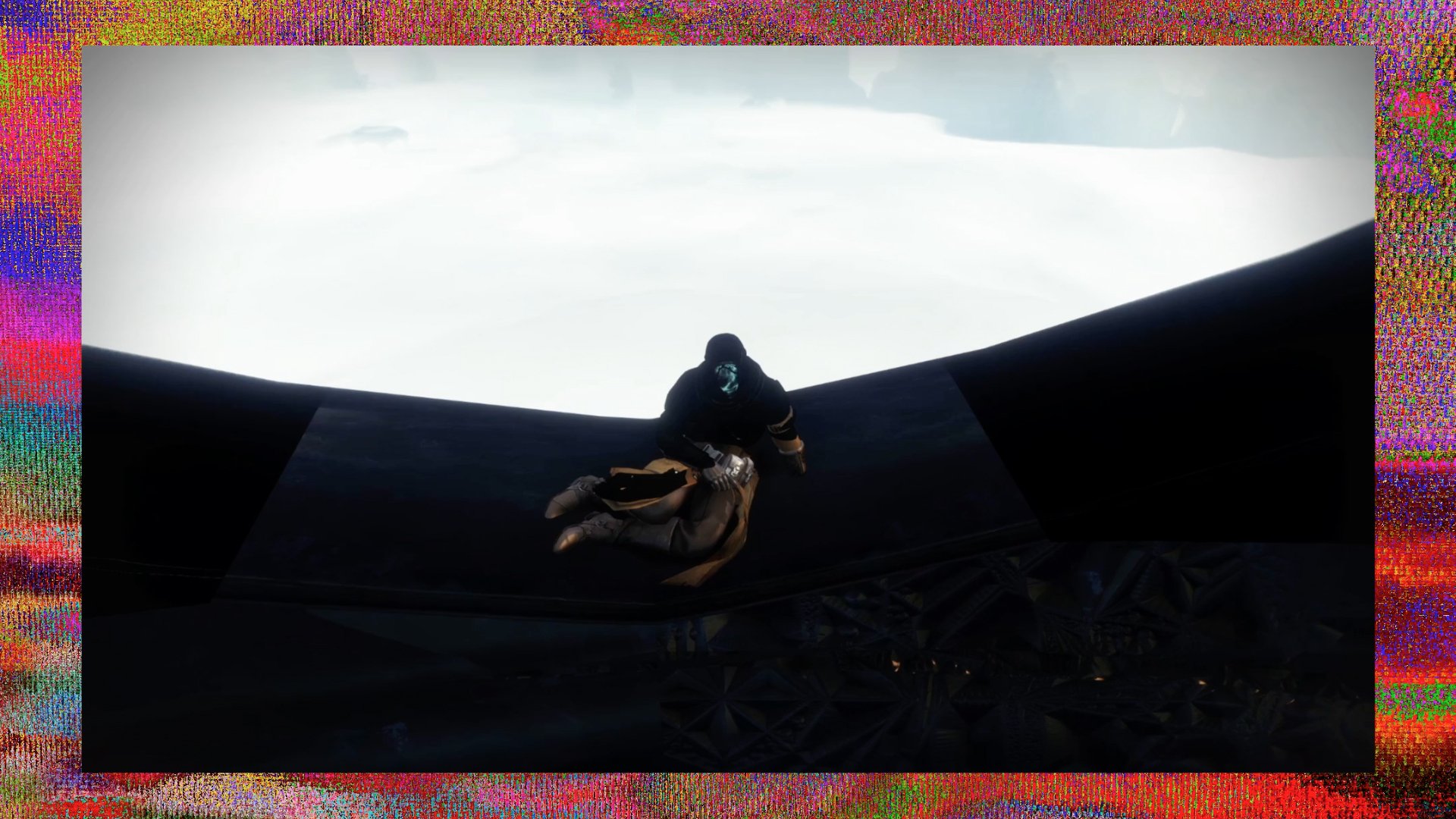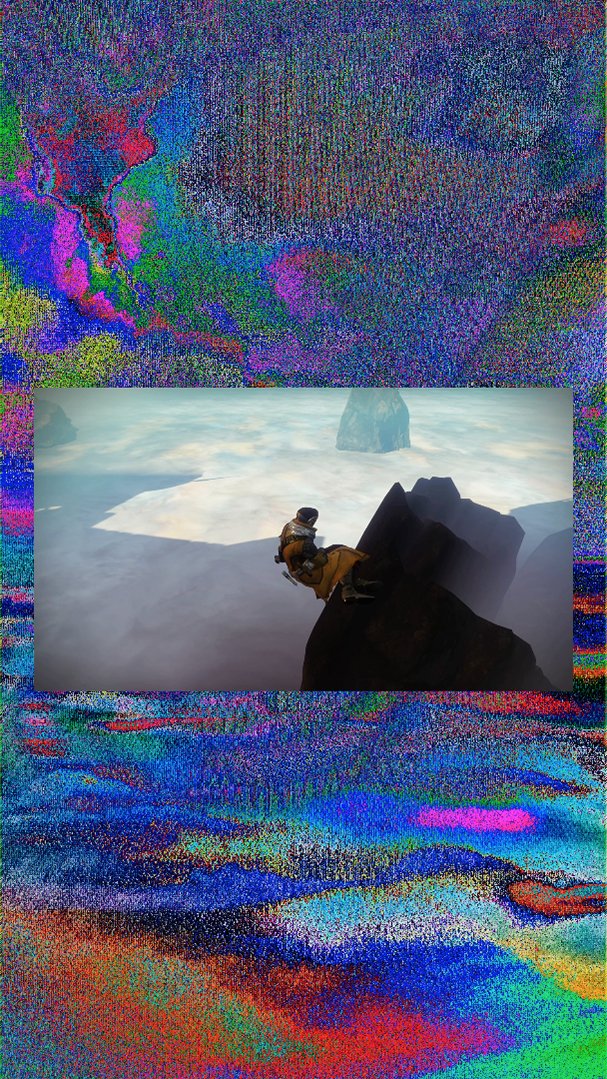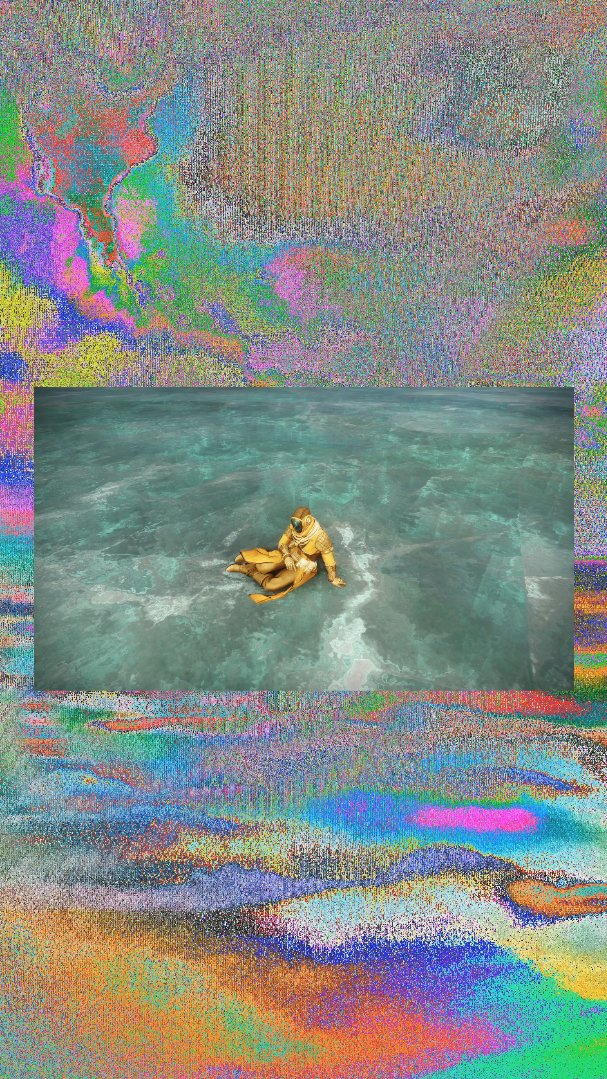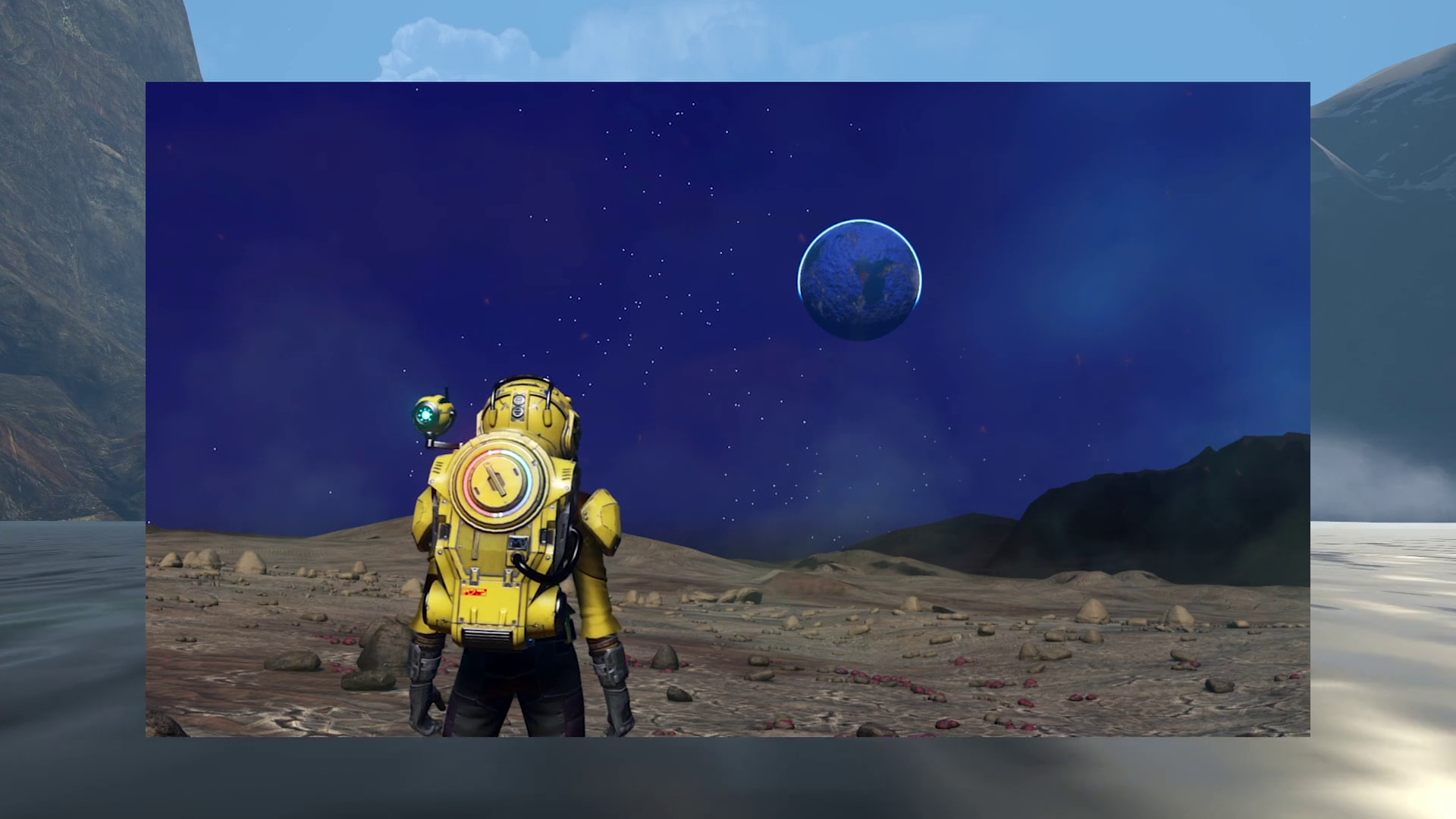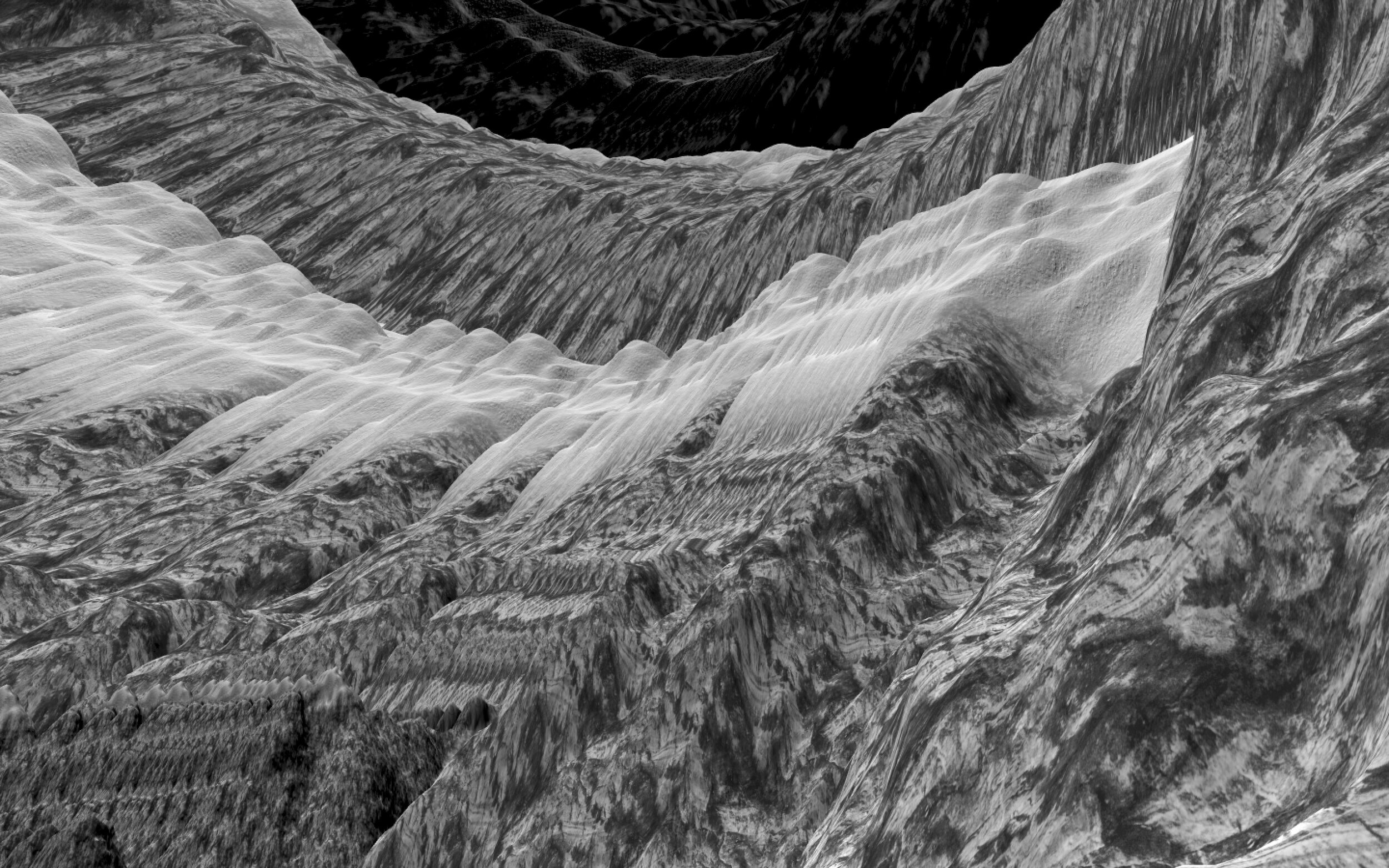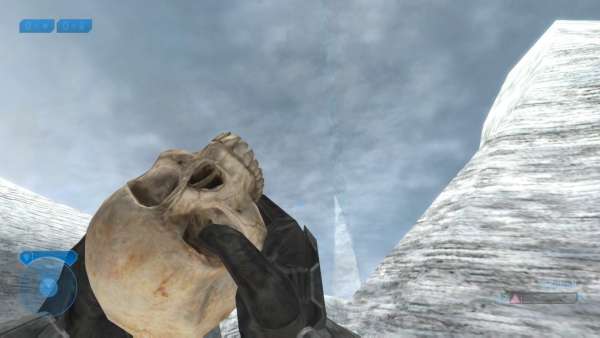FILTRO @ METRONOM
via Carteria 10
41121 Modena Italy
Multiple dates
Curated by Gemma Fantacci
The theme of METRONOM’s digital art wall for 2022 is FILTRO (Filter). The series, curated by Gemma Fantacci, features a series of artworks situated between gaming, digital art, and video art. The series debuted with Georgie Roxby Smith’s Ain't Free continues with Carson Lynn’s Storm and Stress (2020) until February 14.
Metronom is an art gallery and publishing house based in Modena. Metronom is committed to researching and promoting projects related to contemporary visual culture through personal and collective exhibitions of Italian and international artists. The attention to the creative practices of the younger generations finds a dedicated place in the video wall, where contents related to digital experimentation are presented through an active 24h screen, positioned in the gallery window. Metronom promotes national and international initiatives, in collaboration with public and private institutions, also organized off-site. Alongside the exhibition program, Metronom is dedicated to theoretical research and critical debate, through the Critical Generation project: an annual conference where selected speakers debate the art of the present and a bilingual online magazine, with interviews, insights, critical essays, reviews and news. Metronom launched the editorial project Metronom Books, dedicated to artist books and limited editions created with the direct involvement of the authors.
FILTRO @ METRONOM
via Carteria 10
41121 Modena Italy
Varie date
Curato da Gemma Fantacci
Il tema del digital wart wall di METRONOM per il 2022 è FILTRO. La serie, curata da Gemma Fantacci, presenta una serie di opere d'arte situate tra videogioco, arte digitale e video arte. La serie ha debuttato con Ain’t Free di Georgie Roxby Smith e continua con Storm and Stress di Carson Lynn (2020) fino al 14 febbraio.
Metronom è una galleria d’arte e casa editrice con sede a Modena. Metronom si impegna a ricercare e promuovere progetti legati alla cultura visiva contemporanea attraverso mostre personali e collettive di artisti italiani e internazionali. L'attenzione alle pratiche creative delle giovani generazioni trova un luogo dedicato nel videowall, in cui contenuti legati alla sperimentazione digitale sono presentati attraverso uno schermo attivo 24h, posizionato nella vetrina della galleria. Metronom promuove iniziative a livello nazionale e internazionale, in collaborazione con istituzioni pubbliche e private, organizzate anche fuori sede. Accanto al programma espositivo, Metronom si dedica alla ricerca teorica e al dibattito critico, attraverso il progetto Generazione Critica: un convegno annuale dove relatori selezionati dibattono sull'arte del presente e una rivista bilingue online, con interviste, approfondimenti, saggi di critica, recensioni e notizie. Metronom ha avviato il progetto editoriale Metronom Books, dedicato ai libri d'artista e alle edizioni limitate realizzate con il coinvolgimento diretto degli autori.


